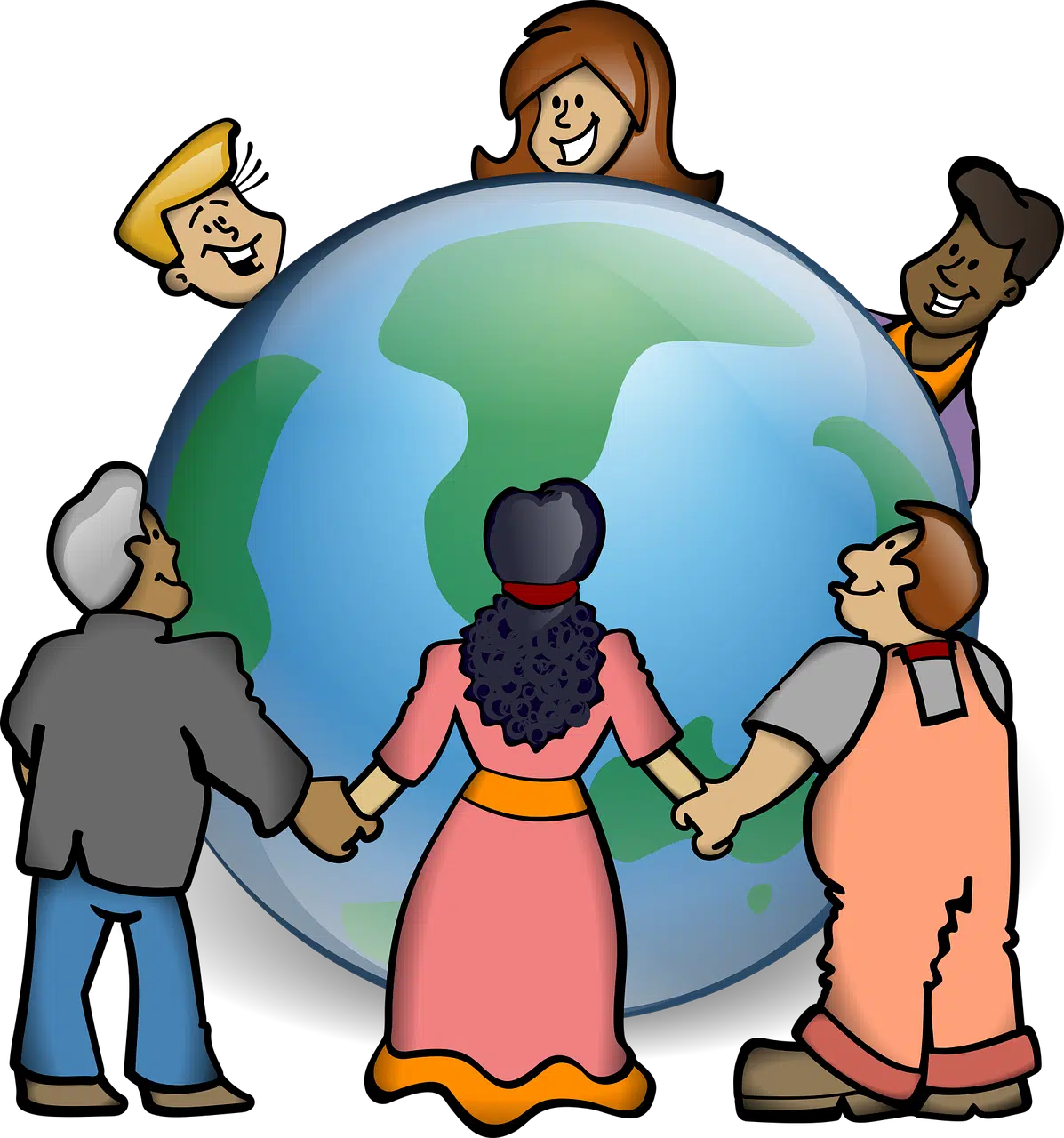
A utopia is something desirable but that seems unattainable.
Utopia is a term that was first pronounced, according to linguistic experts, by Thomas More . This word has been formed from two Greek neologisms: outopia (formed by ou - "no" - and topos - "place" -) and eutopia ( eu, which in Spanish translates as "good" ). This would allow us to explain the term utopian as "what is nowhere" .
More chose to name “Utopia” a work he wrote in Latin around 1516 . According to different historians, the English writer and humanist (proclaimed a saint by the Catholic Church in 1935 ) was impacted by Américo Vespucio 's stories about the island of Fernando de Noronha , sighted by Europeans in 1503 . It was then that More decided to capture descriptions of a new and pure place where a perfect society could develop.
More's utopia
More 's utopian society was structured in a rational way . All citizens lived in identical houses and ownership of property was communal. The inhabitants dedicated their free time to reading and art , and were not sent to war except in extreme situations. Thus, this society lived in peace and with full harmony of interests .
The current acceptance of the word utopia allows it to refer to a project, undertaking, optimistic system, future action, plan or doctrine that, at first, seems to be impossible to achieve or fulfill. It should be noted that the notion is also recognized without an accent; that is, as utopia .

Utopia is often associated with a dream or desire.
something perfect
In other words, utopia is understood as an idea of a perfect society, where harmony, well-being and coexistence reign and whose political, economic and social aspects are balanced and allow the entire community to enjoy a peaceful life thanks to forming part of an absolutely ideal system.
We can speak of economic utopias when we encourage the eradication of the existence of money and where citizens would dedicate themselves only to the jobs that they like the most and that are oriented towards the common good. Other existing utopias are those of a religious nature (such as the popular demonstration about paradise), as well as environmental and political ones (which yearn for world peace).
It should be noted that the concept of utopian is usually used, as we already pointed out, to name something that is considered highly desirable but, beyond hope, impossible to achieve , and utopia to mention revolutionary ideas but impracticable in this reality and in none where the human being is part.

The progress of all people, life in absolute freedom and universal respect are some of the most common utopias.
Utopia and politics
The economic and political systems of all societies in the world are corrupt, unstable and plagued by thousands of problems (hunger, poverty, epidemics, discrimination, etc.); It seems that there is no possible social organization that allows balance and harmony. Capitalism does not do it, communism or feudalism did not do it, not even monarchy , although some authors are inclined to highlight this form as the only one that worked relatively well.
Social imbalance and conflicts seem to be something intrinsic to humanity; However, there has always been a search for a way to change this negative situation without positive results. No matter how much you think, it seems that there is no system capable of satisfying all social needs, no system that comes close to the ideal of utopia seems achievable in this world.
To finish, we can quote the Romanian-German author Herta Müller , who assures that utopia is not the word loaded with the future and revolution that everyone proclaims, but one that buries true ideas . To understand this concept it is necessary to clarify that, at the beginning of the 60s , the communist regime (the utopia that had been announced as creating a united and peaceful community ) began to rule in Romania and what it brought was deaths, extortion and an infernal misery, a dictatorship with all the letters. For Herta , utopia expresses a reality that no human being should desire because it is synonymous with lives condemned to certain death and censorship in all its forms.
The notion in colloquial language
Utopia in colloquial language is associated with dreams and happiness . Although it can be related to equity, social justice, equality, general prosperity and other ethical issues, it is often linked to more earthly issues.
It can be said that a utopia is what one aspires to achieve in order to achieve plenitude . Some people may consider that, at the community level, this fulfillment is achieved with solidarity, empathy, altruism and universal love, while other individuals are oriented toward the individual and self-realization.
A society without hunger , a world without war and ideal cities with sustainable development are utopias. There are those who think that, from politics, work should be done to make those desires come true, or at least get as close as possible. In any case, many men and women understand that utopias are not achievable.
